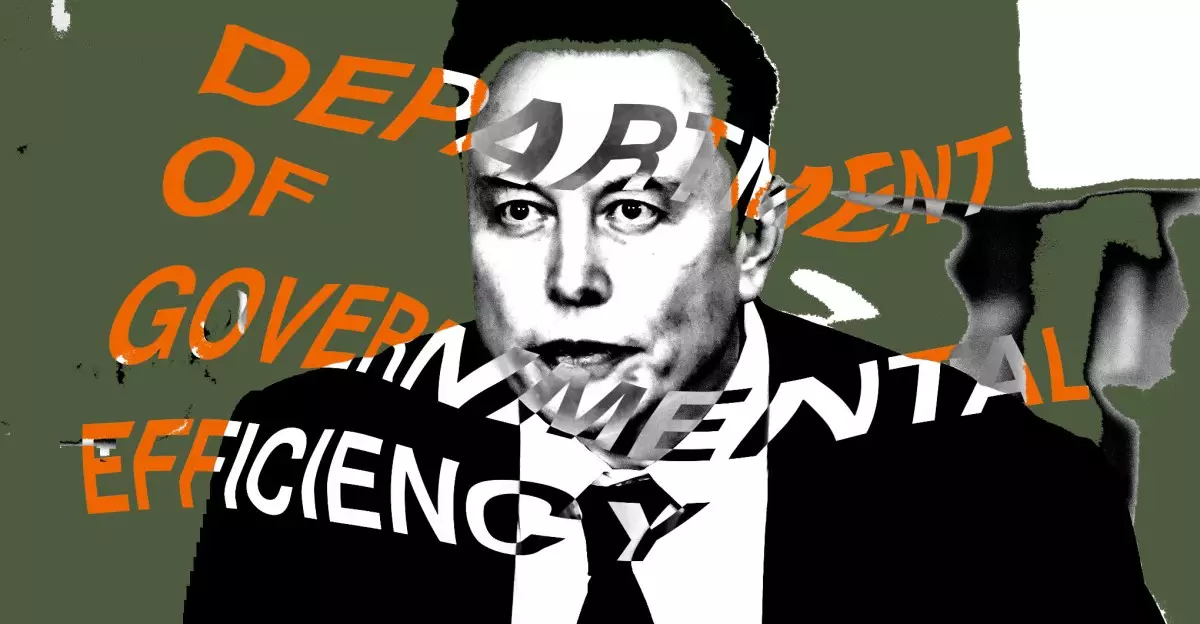The federal workforce recently became embroiled in controversy following the unexpected issuance of an email directive that demanded federal employees submit a list of their recent accomplishments. This communication, which reached workers across various agencies, including prominent organizations like the FBI and the State Department, marks a startling moment in civil service administration. The ultimatum, reported to have originated from the Office of Personnel Management, resulted from a tweet by tech entrepreneur Elon Musk, who claimed that federal employees would be held accountable for their weekly outputs. The return deadline was set for Monday night, stirring anxiety among those in the public service sector.
Musk’s tweet went further, hinting at severe repercussions for non-compliance, suggesting that failing to respond could be construed as a resignation. This assertion raised eyebrows among legal experts, who quickly pointed out that such demands lack grounding in federal law and could potentially violate existing regulations governing federal employment practices. Notably, Sam Bagenstos, a referenced law professor from the University of Michigan, remarked that there was “zero basis” for Musk’s threats within the civil service framework. The implications of this lack of legality are significant, as they challenge the foundational protections afforded to federal employees.
Significant political backlash ensued following the issuance of this email directive. House Minority Leader Hakeem Jeffries articulated his discontent, claiming that Musk’s actions were tormenting dedicated federal workers and their families. The dramatic rhetoric suggests that the ramifications extend beyond mere workplace bureaucracy; rather, they touch on the emotional well-being of employees facing undue pressure in their roles. Jeffries’ statement encapsulated the concerns of many, emphasizing the unlawful nature of Musk’s demands and the potential for these actions to disrupt public service ethics.
This incident is illustrative of an emerging trend wherein principles from the tech industry, championed by figures like Musk, are transposed onto traditional public service environments. Musk’s management style, characterized by aggressive accountability measures and a pervasive culture of performance scrutiny, could wreak havoc when misapplied in federal contexts. His attempts to imply that civil service roles should emulate private sector standards can lead to confusion, fear, and an erosion of morale among federal employees who require stability and support from their leadership.
As calls for government efficiency echo in the corridors of power, it is paramount we tread carefully when considering reforms that draw from the tech realm. Clear delineation of roles, coupled with respect for legal and ethical standards, is essential. Rather than inciting fear through punitive emails and social media declarations, government leadership should foster an environment of support, informed dialogue, and genuine accountability. Only then can we hope to cultivate a civil service that is both effective and dignified.

